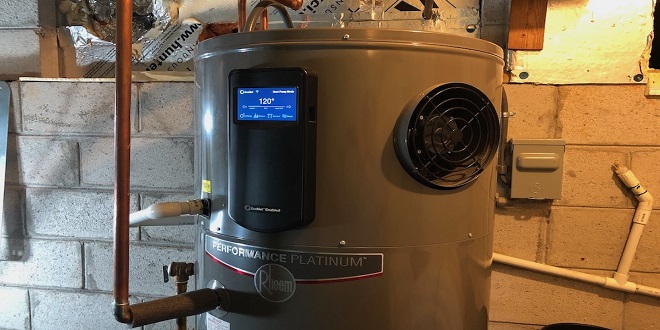In today’s world, energy efficiency is more than just a buzzword; it’s a necessity. As concerns about energy costs and environmental impacts rise, consumers are actively seeking appliances that optimize energy usage without compromising performance. Electric water heaters are no exception. This article will explore the modern technologies and features incorporated by leading water heater brands to enhance energy efficiency, shedding light on how advancements by electric water heater companies and boiling water tap brands are shaping the future of water heating.
Advanced Heating Elements
The efficiency of an electric water heater largely depends on its heating elements. Modern water heater brands are now integrating advanced, low-watt density heating elements that spread out the energy, reducing the intensity of the heat on any given part of the element. This ensures even heating, prolongs the element’s lifespan, and reduces the chances of sediment build-up, which can hamper efficiency.
Improved Tank Insulation
A significant amount of energy loss in electric water heaters occurs due to standby heat loss from the tank. Leading water heater brands have addressed this by using high-quality insulation materials. Enhanced insulation minimizes heat loss, ensuring that the water remains hot for extended periods without the need for constant reheating, thereby saving energy.
Digital Thermostats and Controls
Modern electric water heaters are equipped with digital thermostats and smart controls. These thermostats offer precise temperature regulation, preventing the unnecessary heating of water. Moreover, some advanced models allow users to set schedules or use vacation modes, ensuring the heater isn’t working overtime when it’s not needed. Smart controls also enable remote monitoring and adjustments through mobile devices, giving users more control over their energy usage.
Tankless or On-Demand Water Heaters
One of the major breakthroughs in water heating technology is the development of tankless or on-demand water heaters. Unlike traditional tank heaters that store and continuously heat a large volume of water, tankless heaters heat water directly as it flows through the unit. This means they only consume power when hot water is needed, offering significant energy savings.
Heat Pump Technology
Some of the latest models introduced by renowned water heater brands incorporate heat pump technology. Instead of generating heat directly, these heaters move heat from one place to another. Essentially, they extract heat from the surrounding air and use it to warm the water. This process consumes considerably less electricity compared to traditional electric water heaters, making heat pump models one of the most energy-efficient options available.
In the rapidly evolving landscape of electric water heating, it’s evident that water heater brands are making significant strides in enhancing energy efficiency. Through the integration of cutting-edge technologies and user-centric features, these brands ensure that consumers can enjoy hot water on demand without incurring exorbitant energy bills. Additionally, collaborations between electric water heater company and boiling water tap brands have further enriched the market with diverse solutions that cater to various needs and preferences.
Conclusion
In conclusion, as energy efficiency continues to be a paramount concern for consumers and industries alike, the innovations brought forth by leading water heater brands are not only optimizing energy usage but also ensuring a sustainable and eco-friendly future for water heating. Whether you’re a homeowner looking for an upgrade or a professional seeking the best in the industry, keeping an eye on the latest advancements will ensure you make an informed and energy-smart choice.
 Isaiminia World Breaking News & Top Stories
Isaiminia World Breaking News & Top Stories




